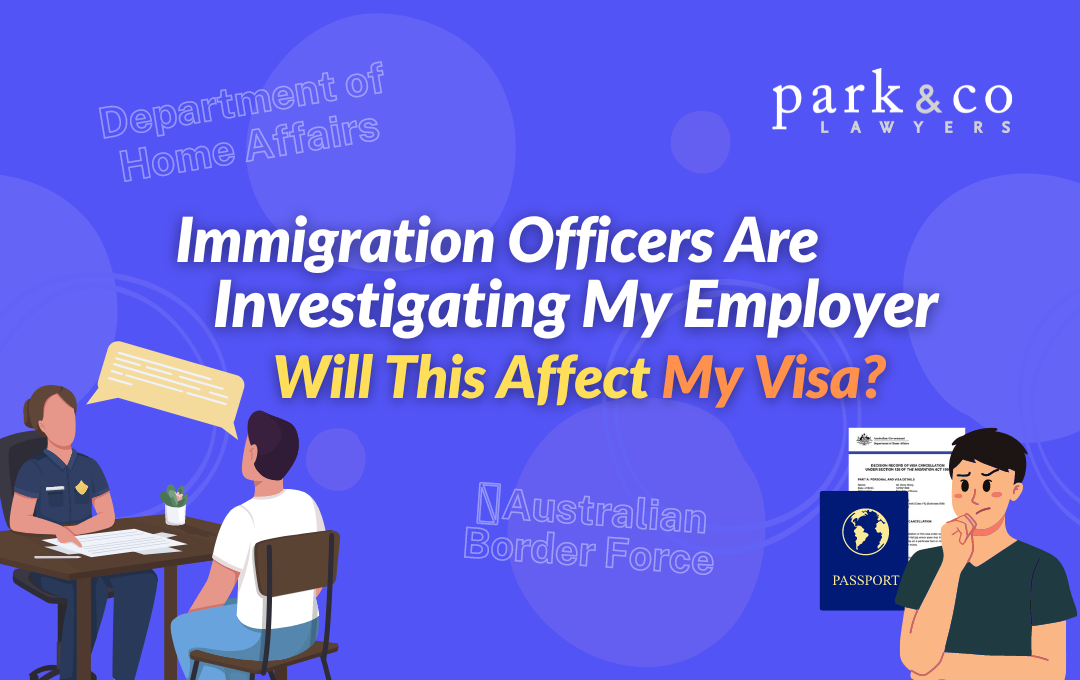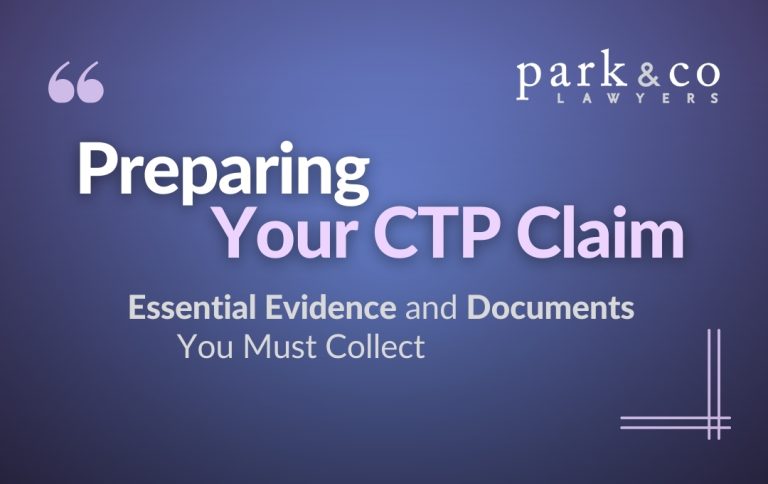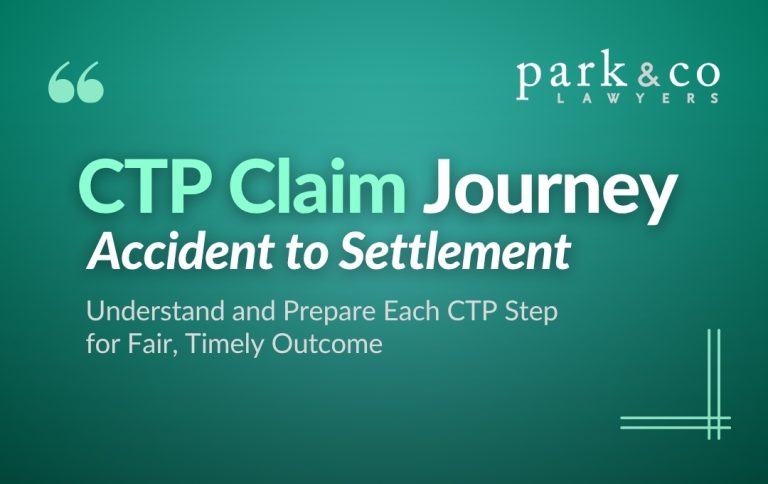Immigration Officers' Sudden Visit
Immigration officers suddenly came to the company sponsoring my visa. What’s the issue? Will my visa be affected?
Are you concerned that your sponsor visa (457, TSS, or 494), which you obtained through considerable effort, might be jeopardized by your employer’s actions? We receive numerous inquiries like this every year. This is due to the Australian Border Force (ABF), an agency within the Department of Home Affairs overseeing immigration and visas, regularly auditing employers to ensure compliance with sponsorship obligations.
Sponsorship Obligations
As long as the employer complies with the mandatory provisions, there should be no issues. However, the reality is more challenging. Many employers are unaware of these sponsorship requirements. The Australian Department of Immigration dedicates an entire division of the Migration Regulations 1994 to outline mandatory provisions applicable to SBS sponsors and temporary activities sponsors (employers using 407, 408, 457, TSS, and 494 sponsorship visas). The regulations are complex, and guidance is provided on a separate page. (https://immi.homeaffairs.gov.au/visas/employing-and-sponsoring-someone/existing-sponsors/standard-business-accredited-obligations)
Although it may seem straightforward, compliance with each item is not without challenges. Moreover, ABF’s monitoring and auditing efforts aim to detect violations of these obligations, granting ABF investigators significant and extensive powers under immigration law, including the right to request interviews and information. Non-compliance is a federal criminal offense. Simply put, investigations must be responded to unconditionally.
ABF Monitoring and Its Results
Monitoring and auditing by ABF focus on employers benefiting from labour agreements, SBS, or temporary activities sponsors, among others. It’s important to note that employers sponsoring permanent residence visas through ENS Direct Entry only and who do not have an SBS are NOT subject to these audits. Monitoring begins the moment ABF and Fair Work inspectors unexpectedly visit a business, disclosing their monitoring and auditing intentions, and simultaneously requesting various documents and conducting on-site interviews. All data and interviews gathered will serve as audit material, focusing on compliance or violation of sponsor obligations as specified in the Immigration Regulations, and, for those under a labour agreement, compliance with the terms agreed with the Department of Home Affairs. During this process, the “Notice to Produce” enables ABF investigators to request all necessary materials for the audit.
If a violation is identified, a notice called NOITTA (Notice of Intention to Take Action) will be issued, during which you will have the opportunity to defend yourself. If a proper defense is presented and accepted, the audit may conclude without further scrutiny; however, if the defense is rejected or no response is provided, the case will proceed to the disciplinary phase. Disciplinary actions may include warnings, cancellation of sponsorship, imposition of fines, or commitments to comply with undertakings.
If you are dissatisfied with the outcome of ABF’s investigation or disciplinary action, you can appeal to the Administrative Appeals Tribunal (AAT), an administrative review body, where the committee will reassess the investigation details. The review could lead to a reversal or withdrawal of the initial decision, or it could result in harsher consequences, such as an extended bar period or a cancellation deadline.

What Is Investigated and How Is It Determined?
You might wonder how the subjects of investigations are chosen. ABF, DHA, Fair Work, ATO, and others select targets based on feedback and reports from media, industry organizations, and labour unions specific to each industry. Monitoring might also commence through reports to individual companies. Thus, it’s not advisable to anticipate and pre-emptively address potential issues.
Upon reviewing ABF’s internal investigation data while defending various cases, we observed that monitoring eventually took place at specific regional levels or that similar industries were investigated based on reports. Sometimes investigations are initiated due to discrepancies in the information provided by visa applicants. After receiving approval for SBS or temporary activities sponsorship for a period of 5 years, ABF can still proceed with monitoring up to 2 years after the expiration date of the sponsorship, indicating a prolonged period of scrutiny. The best approach is to thoroughly understand and comply with sponsorship obligations.
Impact on Visa Holders
If a violation of sponsorship obligation provisions pursuant to Section 140K of the Migration Act occurs, the employer will be considered to have adverse information under the Migration Act, negatively affecting the sponsorship and nomination process for future employees. This situation can be particularly burdensome for employees (visa holders), especially when pursuing their final permanent residence visa (ENS TRT, etc.)
If an employer’s sponsorship is cancelled, holders of 457, TSS, and 494 visas may have their visas cancelled immediately. Visa applicants will be directly notified by ABF about the status of their employer’s sponsorship. If such a notice is received, immediate legal advice is essential to protect your visa. ABF provides detailed information about employers who have violated sponsorship obligations on its official website (https://www.abf.gov.au/about-us/what-we-do/sponsor-sanctions/register-of-sanctioned-sponsors). Those considering TSS, ENS, etc., through employer sponsorship and nomination should check this site to verify if their employer has adverse information.
Conclusion
Unfortunately, ABF monitoring occurs without notice and is not something you can prepare for in advance. However, even if a violation occurs, there is potential to minimise damage by responding appropriately and defending the case through the most advantageous disciplinary options. Additionally, multiple waivers can be applied for during the disciplinary period, and appeals to the Department can also be pursued, reflecting a responsibility for employees. All these special areas require professional legal advice based on extensive experience and knowledge of related laws, procedures, and sentencing. As issues related to ABF monitoring necessitate a rapid response and must be addressed with pre-emptive data preparation and explanation, it is crucial to seek legal counsel from a professional attorney without delay.
Park & Co Lawyers is a law firm specialising in complex immigration issues. For the situations described above, we offer specialised immigration law defense services, including ABF monitoring defense, NOITTA response defense, AAT review, visa cancellation, and waiver request for sponsorship disciplinary action.








